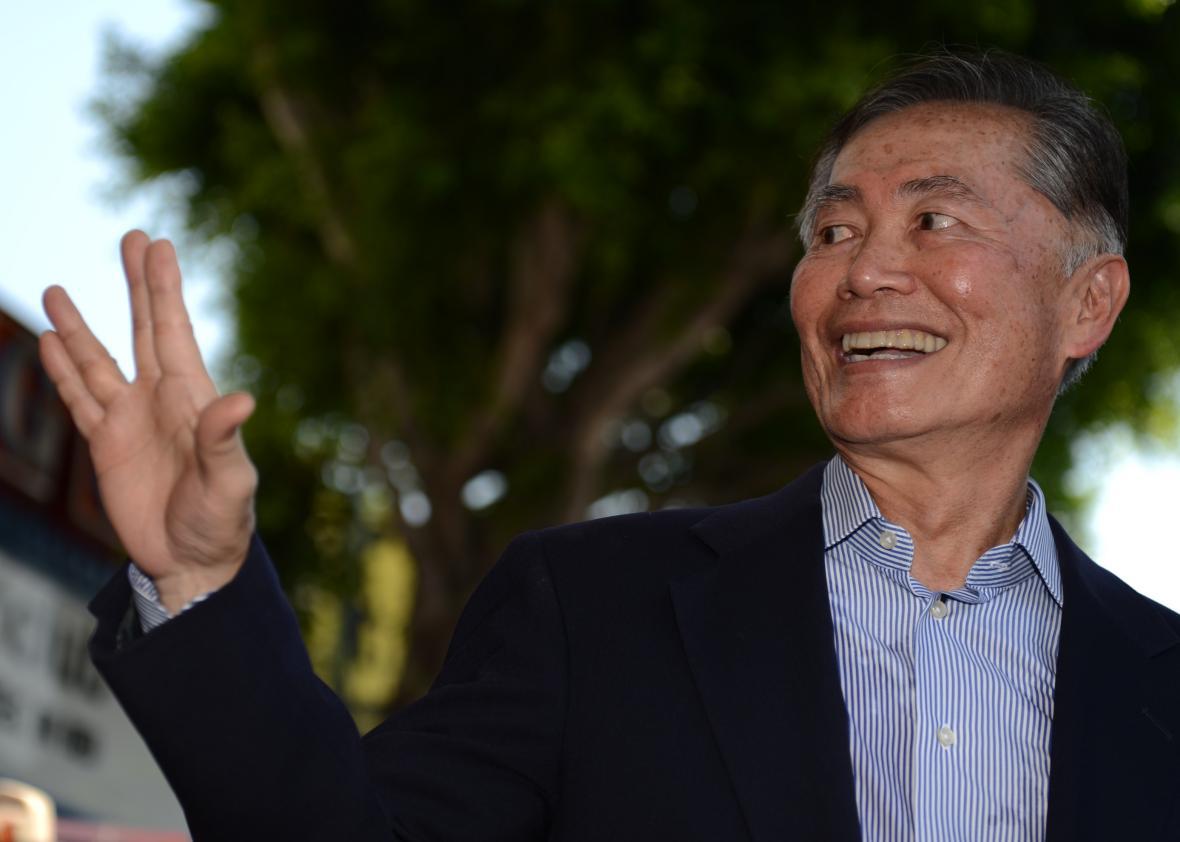
"For African-Americans, it's four torturous centuries." "For us, it was four horrific years," Takei says. Now, he's a passionate supporter of redress for descendants of enslaved people in the U.S. George Takei dedicated the money he received from the federal government to the Japanese American National Museum in Los Angeles.

For African-Americans, it's four torturous centuries." "Some people had their life savings taken from them just because we looked like the people who bombed Pearl Harbor," Takei says.Īctor George Takei, who received reparations, is a passionate supporter of redress for descendants of enslaved people in the U.S. The Takeis were among thousands of Americans who lost their homes, farms, stores, cars, churches, temples and countless belongings because of xenophobia and racism. In 1942, his family was sent to Rohwer War Relocation Center in Arkansas, then later to Tule Lake Segregation Center in northern California. Sulu in the original Star Trek, Takei is a longtime activist whose causes have included LGBTQ rights and reparations for Japanese American survivors of internment camps. Literally at gunpoint, we were ordered out of our home."īest known for playing Mr. "It was a terrorizing morning I will never be able to forget. "I was 5 years old at the time," recalls the actor. citizens into internment camps for years, including a very young George Takei. 19, 1942, President Franklin Delano Roosevelt signed Executive Order 9066.

Kaz Takeuchi/Visual Communications Photographic Archive George Takei testifies before the Commission on Wartime Relocation and Internment of Civilians in California in 1981.


 0 kommentar(er)
0 kommentar(er)
